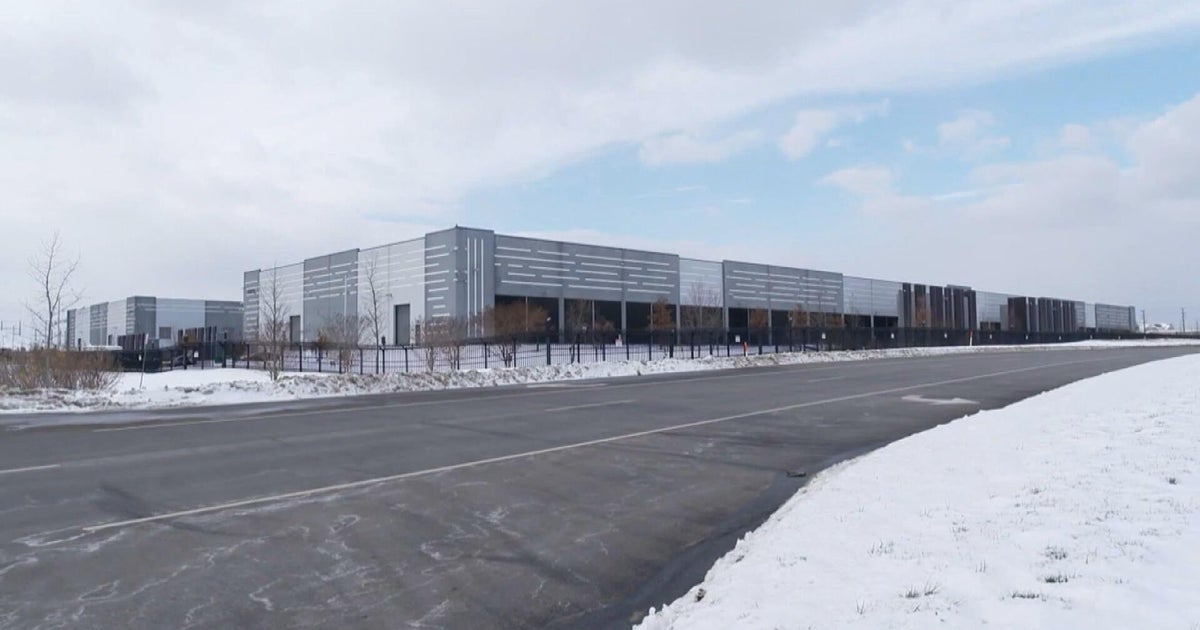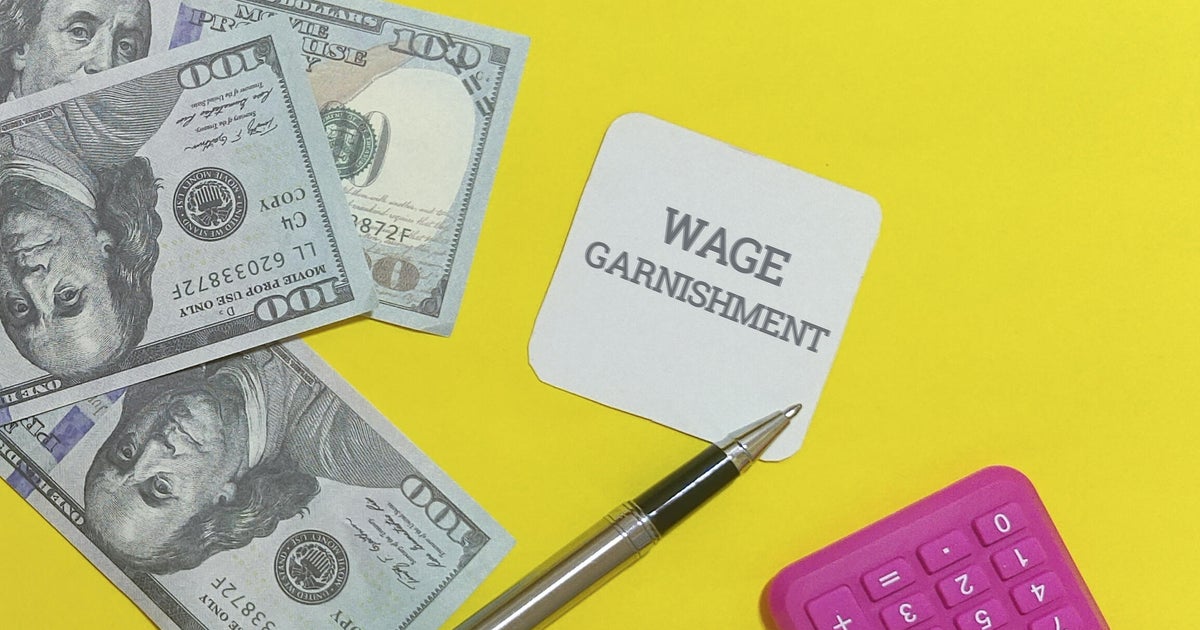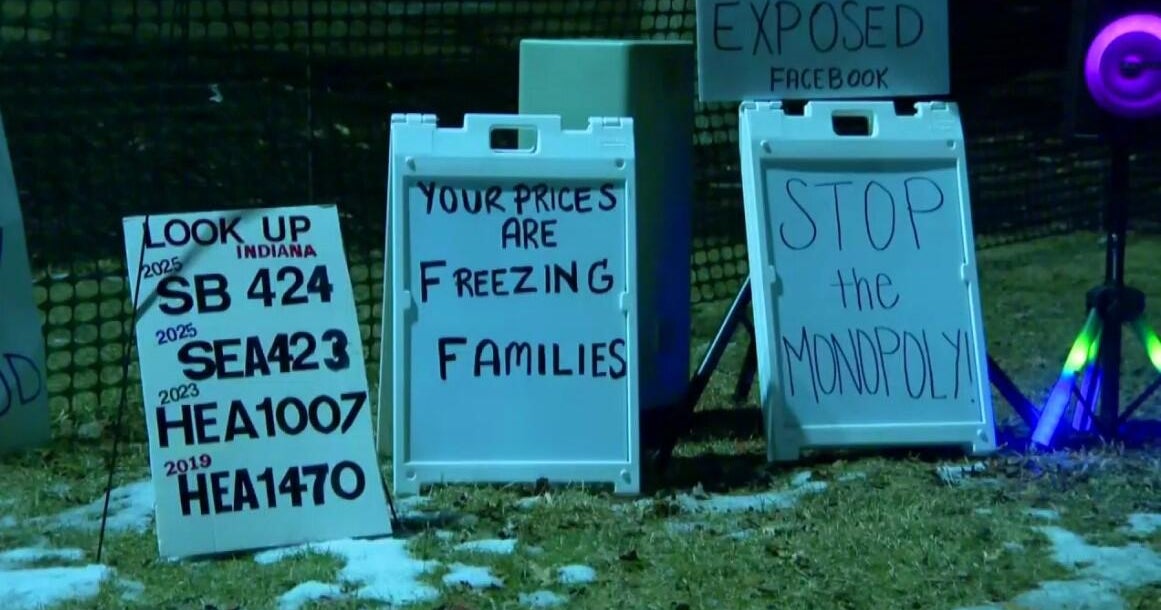As the heat turns U.S. into an oven, millions of Americans at risk of power cutoffs
A punishing heat wave has led to record-high temperatures across much of the U.S., with more than 180 million people living under a heat advisory on Friday. At the same time, the nation is suffering from a "power disconnection crisis," with millions at risk of having their electricity turned off because of overdue bills, researchers say.
About 1 in 4 Americans is uncertain about being able to to pay household energy bills, with low-income people most at risk of having their utilities disconnected, according to Sanya Carley, a professor of energy policy and city planning at the University of Pennsylvania. Last year, energy utilities cut off power to about 3 million households, she noted.
But even more households could be at risk this summer given the soaring mercury and the impact of inflation and higher energy costs, deepening the financial woes of many Americans, Carley said. Only 19 states restrict summer shutoffs of utilities, meaning most people live in states where they lack any recourse if they fall behind in paying their electric bill during a heatwave.
"Millions of people face this problem, and once a household faces the problem of disconnection, they often enter this kind of pernicious cycle of being regularly disconnected and frequently energy insecure," Carley told CBS MoneyWatch.
Losing electricity places people at "immense risk" because they can't run fans or air conditioning to regulate their body temperatures, she said. In some cases, the loss of power can be deadly, she added.
Forecasters expect several heat records could be broken Friday with temperatures 10 to 15 degrees Fahrenheit above average. In the Southwest and southern Plains, oppressive temperatures have persisted for weeks. One meteorologist based in New Mexico called the prolonged period of temperatures over 100 degrees unprecedented.
Many Americans rely on different strategies to keep their electric bills low, but that can also heighten the risks, Carley's research found. For instance, 27% of low- to moderate-income people say they take on debt in order to pay their utility, while another 26% set their temperatures at risky levels to keep their bills down.
A deadly power cutoff over a $51 bill
In the most dire cases, an electricity cutoff during the summer can be deadly. But that can be hard to track because a person's cause of death might be listed as heart failure, even though the fatality likely would't have occurred if the power had remained on, Carley noted.
One case that drew attention in recent years is that of Stephanie Pullman, a 72-year-old whose electricity was shut off in 2018 when outside temperatures in her retirement community near Phoenix reached 107 Fahrenheit. She had paid $125 toward a past-due bill of $176, but her power was cut off because she didn't pay in full.
Her body was found during a wellness check, with the medical examiner attributing her death to "environmental heat exposure," according to the Associated Press.
Last year, Arizona prohibited utilities from disconnecting customers during periods of extreme weather, such as days over 95 degrees.
But most states lack any protections against power cuts, including states where summer temperatures are normally high — and are getting hotter due to climate change — such as Alabama, Florida, and North and South Carolina.
The patchwork nature of legal restrictions suggests that federal regulators should step in to issue a national directive to protect citizens during extreme weather, Carley noted.
"The federal government should absolutely have this on their radar, and I think they can do it in multiple ways," she said. "One is an emergency moratorium for disconnections ... the federal government can say, across all utilities, nobody is allowed to disconnect where we know that most of the population is under a heat advisory."
The federal government could also expand funding for the Low Income Home Energy Assistance Program, or LIHEAP, which helps low-income households pay their energy bills. By summer, LIHEAP funds are often running low, which suggests that more funding could help more people with their bills during the hot months.
Where to get help
People at risk of having their electricity shut off should contact their utilities to ask about payment plans or other aid, Carley said. Only about 6% of low-income households request such assistance, her research found.
"People would much rather accumulate debt, for example, or forego eating than they would call the utility and talk to the utility about what kinds of payment plans they might have or assistance that they might have," she said.
Local government agencies or charities might also offer aid for paying utility bills, while in an emergency families can also look for cooling centers at schools or other public buildings if they do lose power.
"There is an increase in the incidence of energy insecurity across the United States, and it's not just low-income households that are energy insecure," Carley said. "As climate change gets worse and as energy prices go up, it will be an increasing share of the population that face these conditions as well."
—With reporting by the Associated Press.



